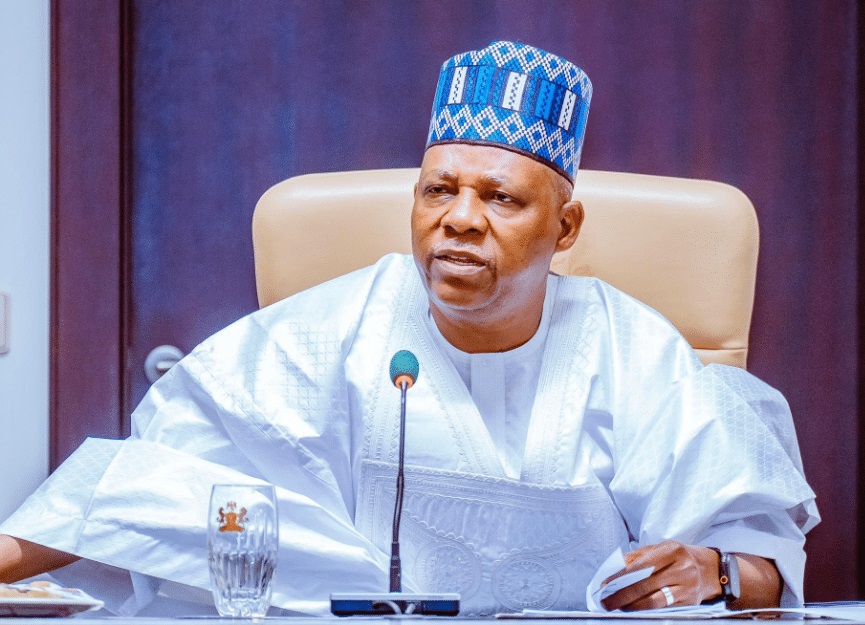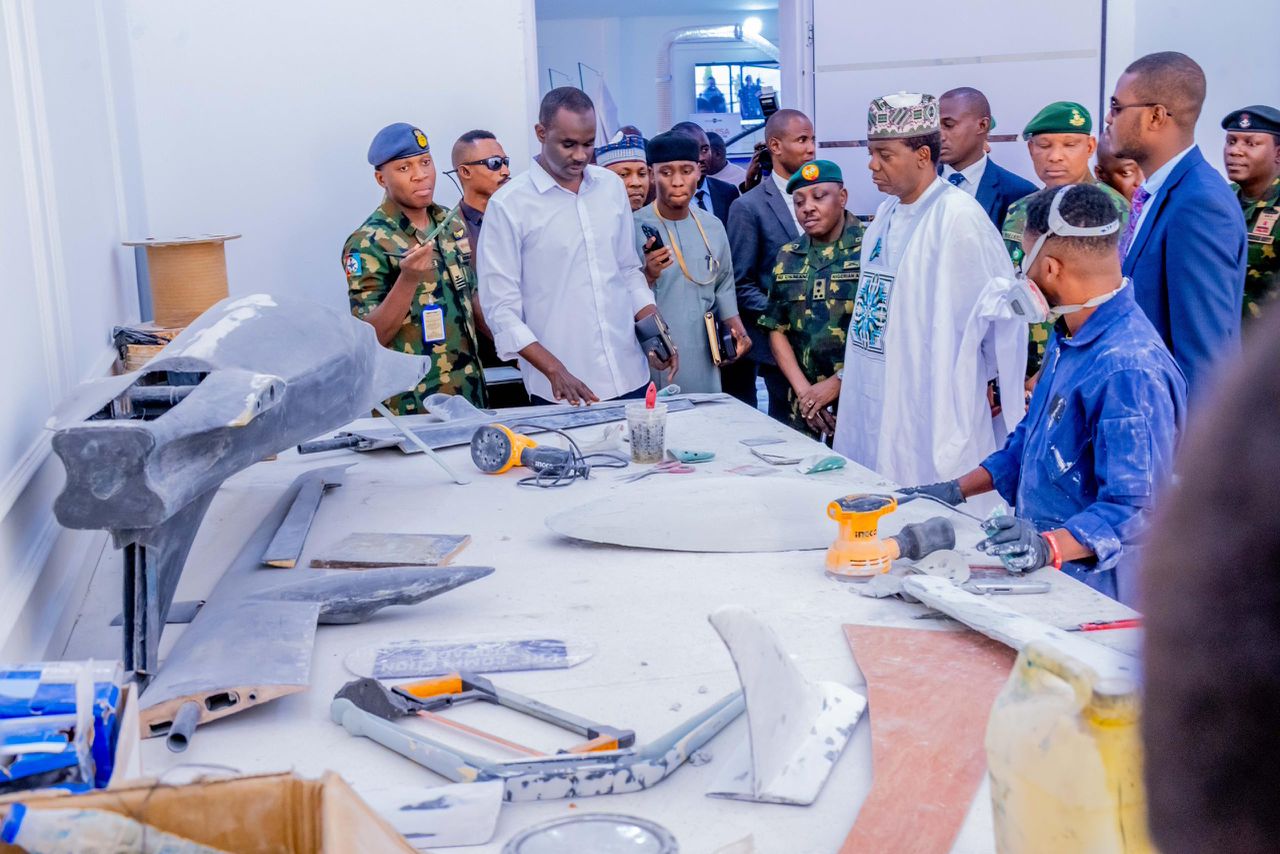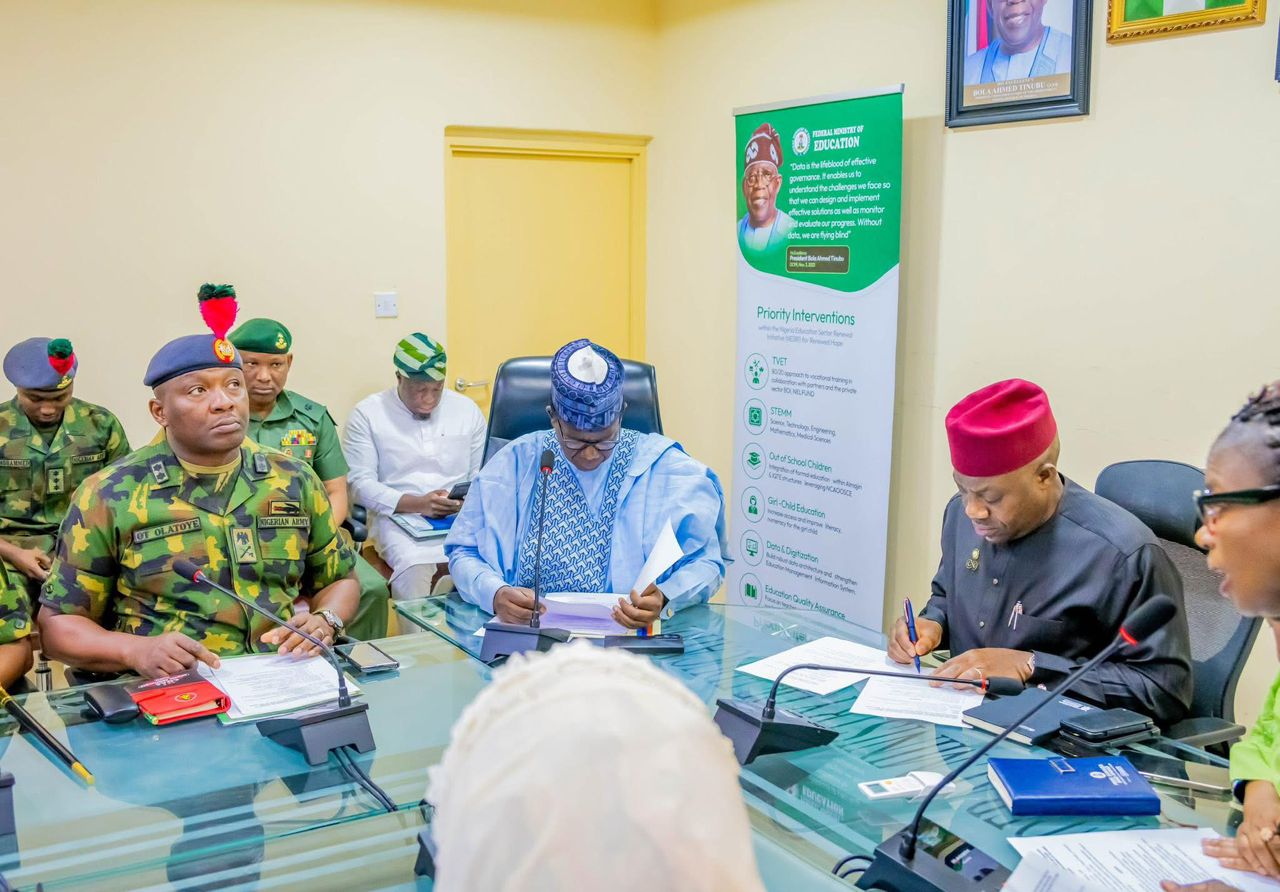Vice President Kashim Shettima has faulted the recent strike by the Petroleum and Natural Gas Senior Staff Association of Nigeria (PENGASSAN), warning that such disruptions risk undermining investor confidence in Nigeria’s economy.
Speaking at the 31st Nigerian Economic Summit (NES) in Abuja, Shettima described the strike — triggered by the dismissal of workers at the Dangote Refinery — as unnecessary and avoidable. PENGASSAN had declared the industrial action on September 28, halting oil production and supply nationwide. It was called off on October 1 after the company agreed to reinstate the affected workers.
Shettima, however, said the three-day strike was damaging to the country’s reputation: “It’s not about holding the whole nation to ransom because of a minor labour dispute. Nigeria is greater than PENGASSAN and Nigeria is greater than everyone.”
The vice president stressed the strategic importance of the Dangote Refinery, the $19 billion project seen as a potential game-changer for Nigeria’s energy security and foreign exchange balance. He reminded union leaders that the project was financed through a mix of equity, debt, and loans, and must remain functional to meet obligations.
“Aliko Dangote is not an individual; he is an institution,” Shettima said. “If he had invested $10 billion in Microsoft, Amazon, or Google, he might be worth $70 to $80 billion today. But he chose to invest in his country. We owe it to future generations to protect, promote, preserve, and project the interests of this great Nigeria.”
The comments highlight a growing tension in Nigeria’s industrial relations: how to balance workers’ rights with the imperative to protect large-scale investments that anchor the national economy.
While unions insist on fair labour practices, government officials warn that frequent strikes risk driving away investors at a time when Nigeria is aggressively seeking foreign capital.
Shettima urged both labour and the private sector to embrace “caution, retrospection and patriotism” in resolving disputes, while tasking the Nigerian Economic Summit Group with developing strategies to sustain industrial harmony.
Analysts say the episode underscores the delicate challenge for the Tinubu administration: protecting jobs while reassuring global investors that Nigeria remains a stable and predictable business environment.





